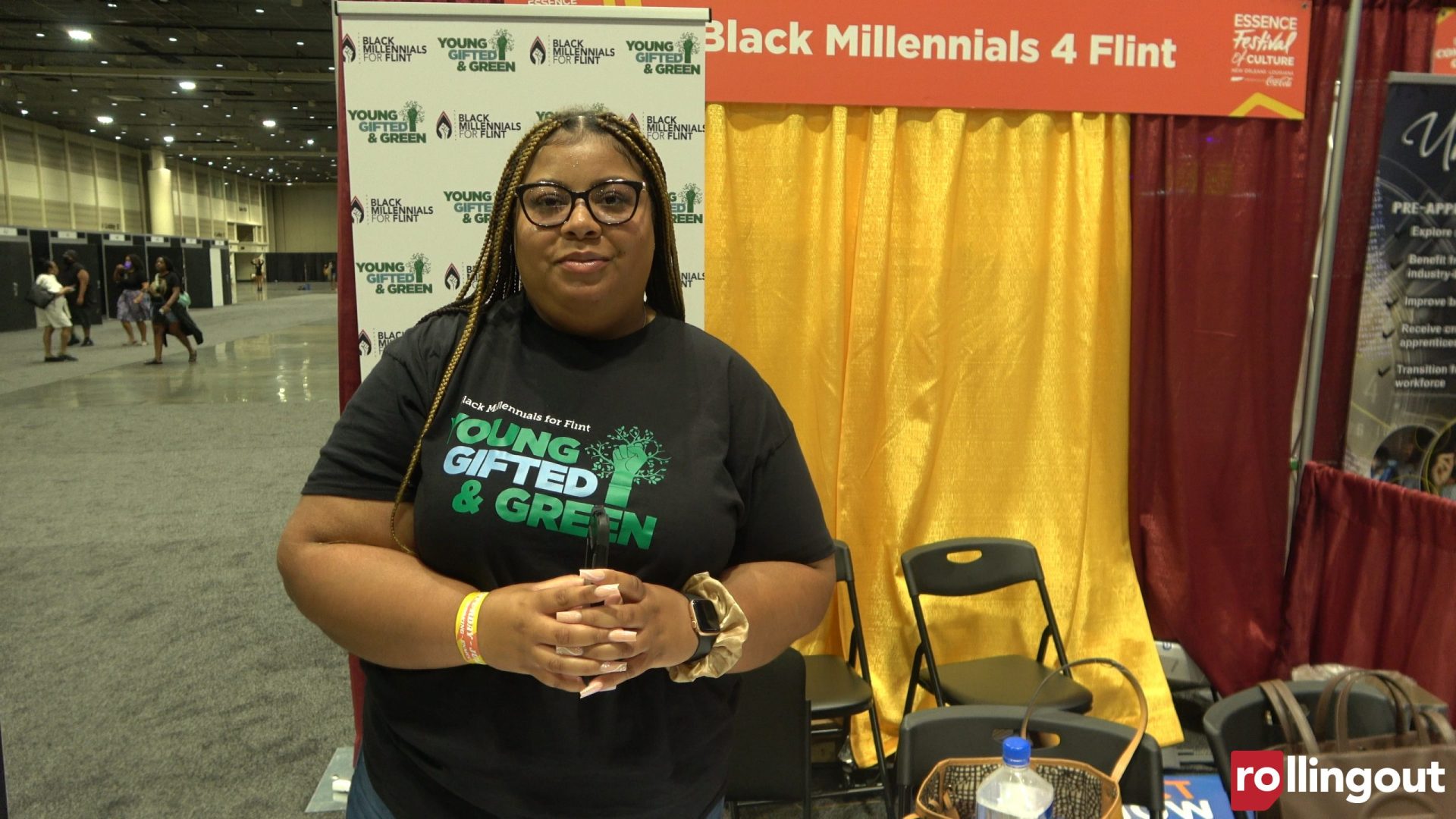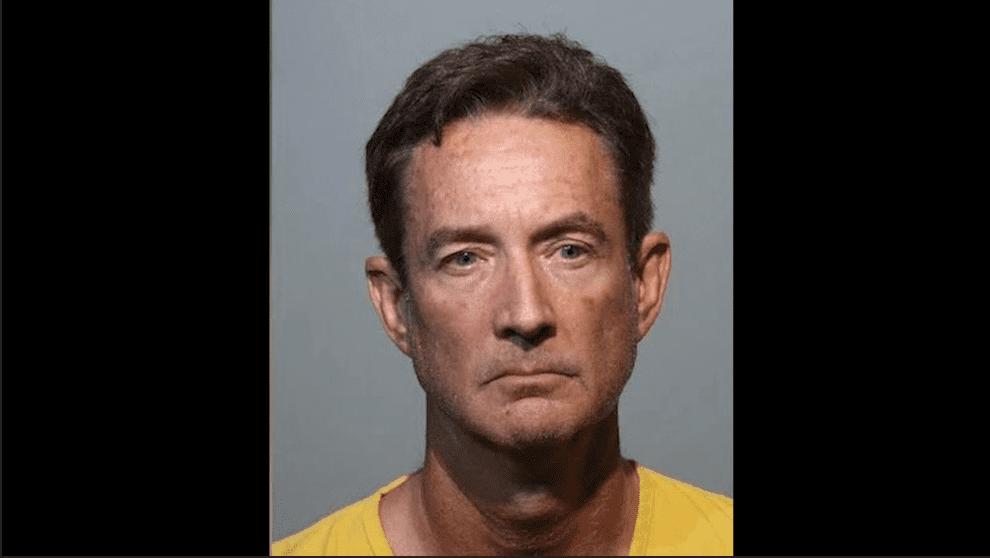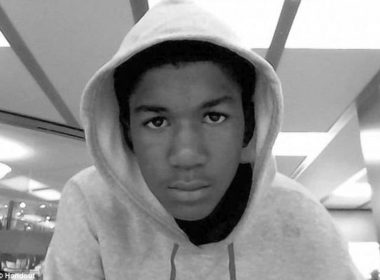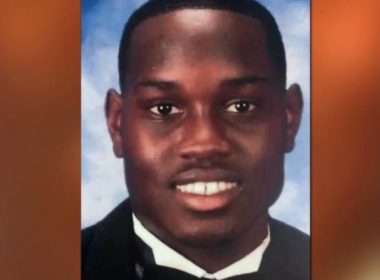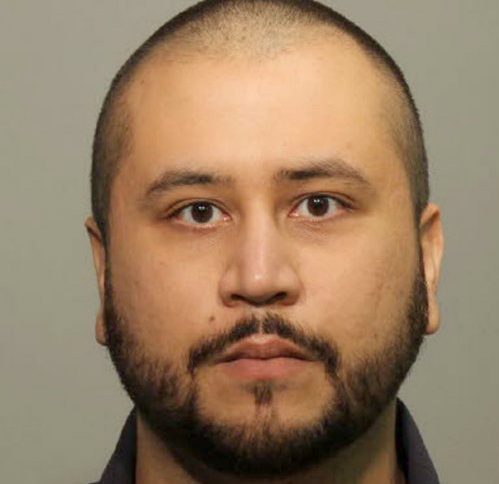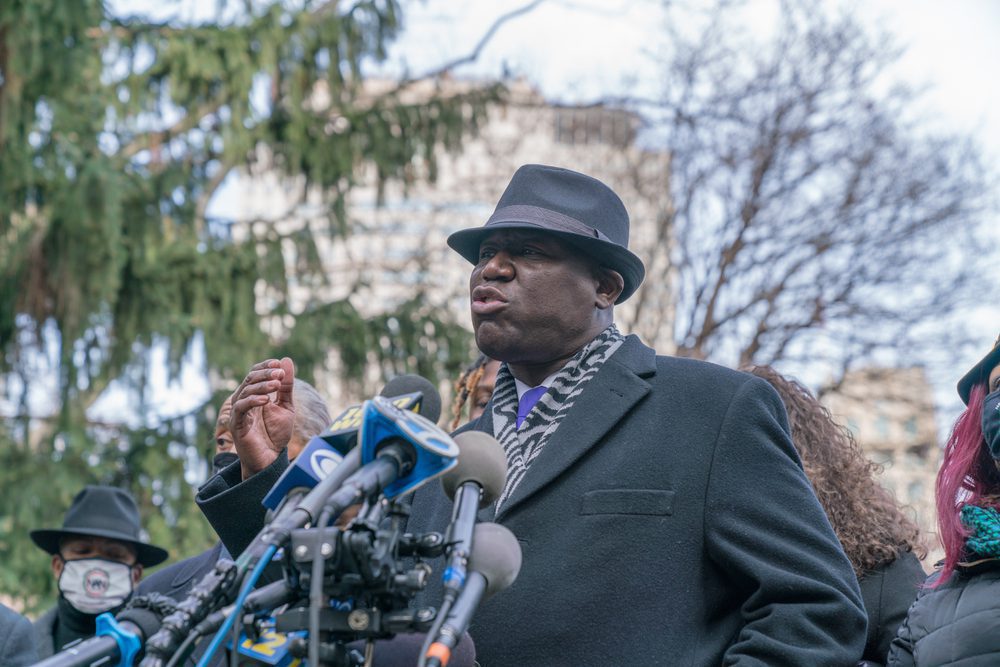 Another day, another George Zimmerman lie gets uncovered.
Another day, another George Zimmerman lie gets uncovered.
The volunteer neighborhood watch captain told investigators in the hours after he shot and killed Trayvon Martin in Sanford, Fla., in February 2012 that he did not know anything about Florida’s controversial “Stand Your Ground” law. It turns out that he not only did know the law, but that he scored high marks in the class, according to the professor at Seminole State College who taught the criminal litigation class.
The question for the jurors, however, is this: will these little and big lies and inconsistencies be enough to undermine Zimmerman’s story of self defense and be found guilty of second-degree murder?
On Wednesday, the former professor of Zimmerman’s who gave Zimmerman an “A” in criminal litigation and said Zimmerman was “one of the better students in the class” and testified in his trial that his 2010 course addressed criminal law and procedure, as well as self-defense.
“I wanted to teach the class from a practical standpoint where these students can really relate and take something from it and apply it to their own lives. You know with Florida and other states, they have what’s called the Stand Your Ground Law,” U.S. Army Capt. Alexis Francisco Carter said of why he taught his students about Florida’s expansive self-defense law, which allows individuals to defend themselves with deadly force if they feel their lives are being threatened. Thirty states have copied the law.
Zimmerman took the course, along with classes in criminal justice and investigation, at Seminole State College, a public college in Sanford where he was pursuing a bachelor’s degree. He was expected to graduate in the spring of 2012, a registrar told the court Wednesday morning.
Defense attorney Don West asked Carter about what specifically he taught his students.
“So when you taught the class, what is the core concept of self-defense when you can use deadly force?” West asked.
“When you have a reasonable apprehension of death or grievous bodily harm. And the term ‘reasonable’ obviously has two components. So there’s a subjective component, meaning that I feel like I’m in fear. In my mind, I feel like I’m in fear of death or grievous bodily harm. But when stuff hits the fan, you’re judged by jurors. And your actions have to meet a reasonable standard, objectively. So whether or not a reasonable person in your position would have felt the way you felt,” Carter said.
He gave as an example to West, “If you approached me right now in broad daylight, whatever the case is, I probably wouldn’t have that much fear. But, you know, the lights are out, I don’t know what’s happening, I feel someone grab me, those are circumstances you need to consider in whether or not someone had a reasonable apprehension of fear.”
The prosecution keeping hammering away at the rock-solid defense Zimmerman’s team has told to the jury. The question becomes whether the prosecution’s continual hammering of the rock will finally make it crack.

